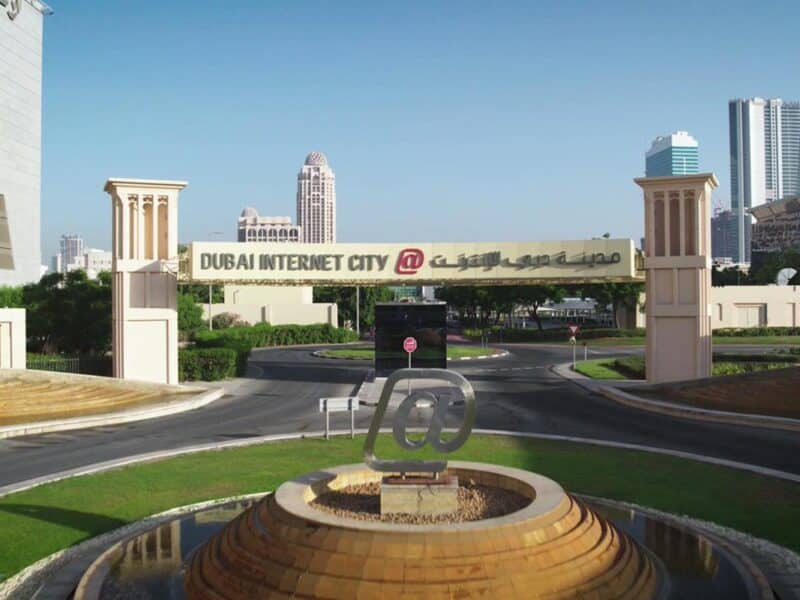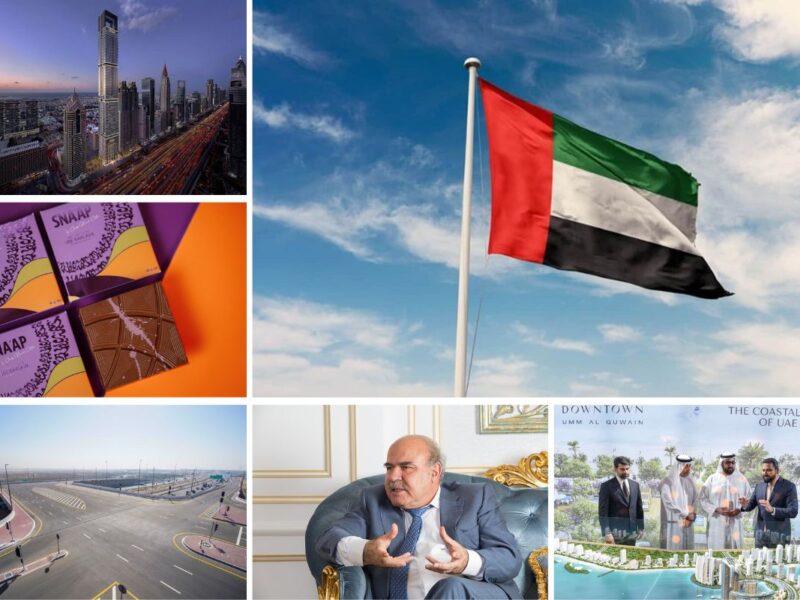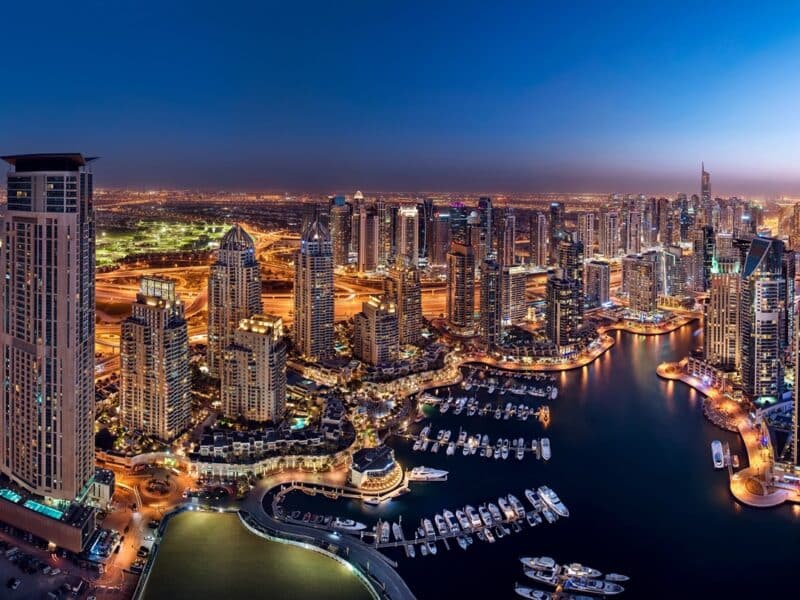Ideas Abu Dhabi, a two-day ideas festival bringing together some of the brightest minds from the UAE and around the world to tackle complex global challenges, returns for the third time on 27-28 March.
Part invite-only Forum, part public Festival, Ideas Abu Dhabi will be held at New York University Abu Dhabi (NYUAD), Saadiyat Island and features a powerful lineup of Emirati and international speakers from across government, business, academia, and media.
The 2019 Forum will focus on four specific tracks, each of which explores in depth some of the great challenges and opportunities of our time.
Referred to as “moonshots”, the 2019 tracks will examine the challenges to the current global order; the latest efforts to understand and even enhance the human brain; the impacts of the oncoming revolutions in transportation; and the dangers of a new cyber battleground.

A Special Fellows Programme will also run during the event, reflecting the critical role of young people in shaping the future of the UAE. Supported by the UAE Federal Youth Authority, the Special Fellows Programme is designed to expose future Emirati leaders to today’s global thinkers and industry experts.
The Forum will be followed by an open-to-all public Festival packed with thought-provoking talks, interactive exhibits, and inspiring musical performances.
SPEAKER SPOTLIGHT
Transformative Transportation Technology – Josh Giegel, Virgin Hyperloop One Co-Founder & CTO
Imagine commuting between Abu Dhabi and Riyadh 48 minutes vs. 8.5 hours, Riyadh to Jeddah in 76 minutes vs. 10 hours, or Bahrain to Kuwait in 35 minutes vs more than 5 hours. The potential is enormous for the entire GCC region to lead the world in hyperloop manufacturing, investment, and quality job creation.
As the hyperloop network grows, the benefits expand exponentially. This kind of high-speed transit enables more powerful sharing of knowledge, labor and investment throughout the region, provides an uplift in GDP, and positions the region as a manufacturing powerhouse at the forefront of a new hyperloop global supply chain.

Hyperloop transport has the speed and agility to help create an on-demand economy by enabling hyper-efficient supply chains that increase capacity while decreasing congestion and delays. Hyperloop can benefit all stages of the value chain, with the most impact in manufacturing, inventory management, and distribution. Based on a third-party assessment, hyperloop could contribute $10 Billion annually in uplift to a single regional GDP through the supply chain manufacturing ecosystem. This makes sense for the UAE, which is already a leader in space and aviation technologies, including composites that could support hyperloop manufacturing.
Virgin Hyperloop One systems can create a multi-use, sustainable infrastructure backbone capable of supporting the global competitiveness of mega-regions in the coming 100 years, creating a vibrant society and thriving economy through visionary cities and high-tech clusters. Hyperloop can drive productivity higher through “virtual density”, as in the kind that doesn’t generate the disadvantages of mega-clusters, such as traffic, pollution, and vehicle accidents. At the micro level, “virtual density” means people can access opportunities not just in one city, but in two, or three without having to uproot their life or family.
When Hyperloop becomes available as a totally new mode of transport, it will have an impact far greater than just going from A to B exceptionally quickly and efficiently. It will also unlock enormous economic, social, and human potential, by fundamentally altering the barriers of distance and time.
THE MOONSHOTS OF 2019 IN DETAIL
#1 – From New World Order to None? Evolution & Crisis in Global Relations
After the fall of the Soviet Union, US President George H. W. Bush declared a ‘new world order’. Decades on and the system of international institutions and global relations that has defined the post-World War II era is under pressure.
A fast-growing Asia and re-assertive Russia are pushing for change and exploring alternatives. Will the existing system limp along until a crisis forces it to adapt, or can it evolve to reflect new realities? Speakers including H.E. Dr Anwar Gargash, UAE Minister of State for Foreign Affairs; Rt. Hon. Gordon Brown, Former UK Prime Minister; and Kishore Mahbubani, Professor in the Practice of Public Policy at NUS will explore these and related questions.
#2 – The Brain: Unfolding the Mystery
The brain is the most complex structure in the known universe. Despite decades of research and millions of dollars spent on scientific research we still have a limited understanding of how it truly works. Significant efforts are underway to revolutionise the way we understand, treat, and even enhance the brain.
Mary Lou Jepsen, Engineering Executive at Facebook; Daniel Tammet, Author and Autistic Savant, among others, will explore pressing questions related to the science of the brain including: ’how far away are we from any real progress in curing brain diseases?’ and ‘what potential is there for upgrading our own cerebral hardware?
#3 – Cyber: The New Battleground?
The exponential growth of Internet connectivity – from phones and homes to businesses and governments – has created tremendous advances in knowledge, commerce, and education. At the same time, it poses new dangers to our personal and national security. High-profile cases have shown just how vulnerable our online lives have made us.
Millions of people globally have seen their personal details go on sale on the dark web while hackers have locked out entire hospital systems seeking ransom payment in bitcoin. The culprits are no longer visible, are scattered around the globe, and often have opaque motivations. Speakers including Admiral Mike Rogers, Former Director of the NSA; and Nick Thompson, Editor of WIRED will shed light on these emerging threats and what can be done to counter them.

#4 Faster, Further, For All? The Future of Transport
From self-driving cars and Hyperloop to sub-orbital commercial space travel, the way in which we travel is set to be revolutionised. This track will seek to explore whether the future technologies that will underpin this revolution are achievable, what impact they could have, and the challenges they pose against a backdrop of urban congestion, climate change, and a growing population. Spike Aerospace CEO, Vik Kachoria; Co-Founder and CTO of Virgin Hyperloop One, Josh Giegel and Emmy Award-winning film producer Anthony Geffen will explore the present possibilities for this faster future for all.
Brand View allows our business partners to share content with Arabian Business readers.The content is supplied by Arabian Business Brand View Partners.









